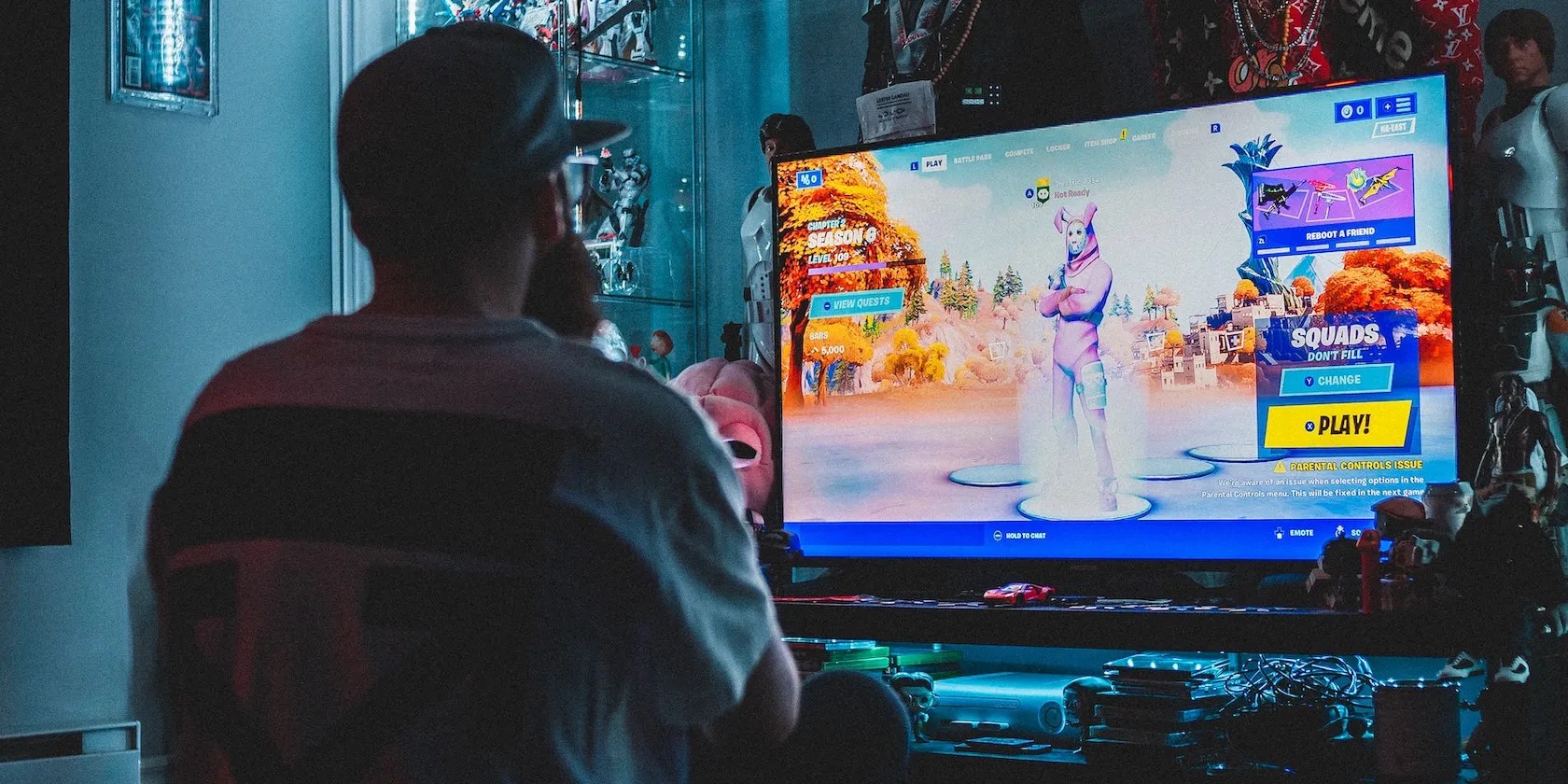DLC. It's become as much a part of gaming as video games themselves. But what exactly is DLC? How do you differentiate between various types of DLC?
Let's take a look at what DLC is in modern video games.
DLC in Video Games, Explained
The term DLC stands for "downloadable content" and is content that video game developers and gamers add to the base game.
The point of DLC is to add new content to a game, mainly after its launch, to keep players coming back. This can be things like extra story content, cosmetics, map packs, in-game items, fully fledged expansions, etc. Basically, anything that you can download that adds new content to a game is DLC.
For this reason, you wouldn't class software updates and patches as DLC. Despite being downloadable, their primary aim is to improve a game, not add content to it.
This covers an enormous variety of content, both paid and free. It'd be pretty difficult calling each bit of downloadable content just "DLC". So, let's go through various types of DLC.
Single-Player DLC
Single-player DLC is downloadable content that—you guessed it—adds to the single-player mode of a game.
This can range from small additions, such as new weapons or outfits, to content like additional levels and huge expansion packs, which add dozens of extra hours into your game.
Single-player DLC can also be something intangible. For example, if a game updates to include a New Game Plus mode or an extra difficulty setting (e.g. Ghost of Tsushima's Lethal difficulty). Although you can't directly interact with it, this still adds new content to your game.
Multiplayer DLC
Multiplayer DLC focuses on the multiplayer aspect of a game. Again, no surprises for guessing that, but this means that the DLC will be less narrative-focused, instead giving players new weapons, skins, emotes, voice-overs, and map packs.
Unlike single-player DLC, which you'll likely play max a few times over, developers design multiplayer DLC to make their game as replayable as possible. The idea here is the longer the player plays a multiplayer game, the more likely they are to spend money on it, usually via microtransactions (which we'll get to later).
Because of this, both gamers and critics have criticized various developers and publishers for using underhand tactics to trick players in to spending money on their video games.
Season Passes and Battle Passes
Season passes offer you a select amount of DLC, both current and future, at a cheaper price than if you were to buy each DLC individually.
Battle passes are time-limited passes which give you access to a set of reward tiers, which you can unlock by gaining experience points (XP).
While season passes can apply both to multiplayer and single-player DLC, battle passes are only part of multiplayer DLC. And these, too, aren't without their criticism. In fact, poor quality season passes and battle passes that pressure you into buying them contribute to why you shouldn't pay for DLC and season passes in most cases.
Microtransactions

Now we get to nearly everyone's least favorite DLC—microtransactions. These tiny, repeatable purchases usually give you cosmetic content or items such as premium in-game currency, in-game resources, and XP boosters that speed up your progression.
While there might be a case for microtransactions, this writer isn't keen to make it. You've likely heard of various controversies to do with loot boxes, "pay-to-win" in gaming, and predatory tactics that get you to part with your money repeatedly.
Microtransactions feed into the Games as a Service business model, where a game is profitable even after its initial purchase. And, while it's nice to see developers gain a more stable source of income in a grueling industry, microtransactions often try to cover bloated, superficial, and lacking games.
A key example is Ubisoft's 'time savers', a microtransaction in a few of its games, where the player can pay for a permanent XP boost or other time-saving features, to speed up their progression.
Part of the intent is so players with busy lives can still enjoy the story of Ubisoft's games in a timely fashion, or new players can catch up with more experienced ones in multiplayer settings. But, in reality, what this translates to is "pay us to level up faster".
DLC Is Here to Stay
So that's DLC. A three-letter acronym that encompasses arguably the majority of modern gaming content. It's varied, it's messy, and it's not going anywhere.
DLC isn't inherently bad, and there are definitely some great forms of DLC. Just be wary of whom you support and what value you're getting for your hard-earned money.
- Gaming
- Gaming Tips
- Terminology
Your changes have been saved
Email Is sent
Please verify your email address.
You’ve reached your account maximum for followed topics.
Manage Your List
Follow
Followed
Follow with Notifications
Follow
Unfollow
Readers like you help support MUO. When you make a purchase using links on our site, we may earn an affiliate commission. Read More.